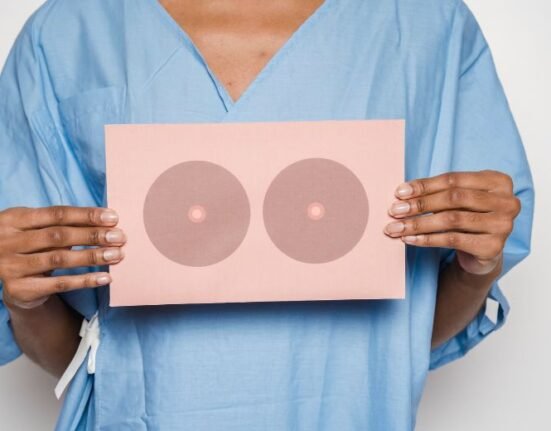HQ Team
March 24, 2023: Recently, UK-based researchers carried out a study to investigate the link between hormonal contraceptive use and break cancer risk. Earlier, many studies have been carried out on the use of combined oral contraceptives, but there is limited data about the effect of progestagen-only contraceptives on breast cancer risk.
Contraceptive pills come in two forms: the progestin-only pill and the combined pill containing both progestin and estrogen-based ingredients. Like combined pills, the researchers found that progestin-only contraceptives slightly increase breast cancer risk.
In recent years, progestin-only pills, injectables, implants, and intrauterine devices (IUDs) have become more popular. In England, drug prescriptions increased from 1.9 million in 2010 to 3.3 million in 2020.
Hormonal contraceptive pills study
The researchers carried out a nested case–control study in the Clinical Practice Research Datalink (CPRD), including almost 10,000 women aged <50 years with breast cancer, to assess the relationship between a woman’s recent use of hormonal contraceptives and her subsequent risk of breast cancer.
The study authors found that the use of hormonal contraceptives was associated with a similarly increased risk of breast cancer regardless of whether the preparation last used was oral combined, oral progestagen-only, injectable progestagen, progestagen implant, or progestagen intrauterine device.
Also, when they compared the results with previous studies on contraceptive use and the incidence of breast cancer, they found enough evidence of a similar increased risk of breast cancer in current and recent users of all four types of progestagen-only preparations.
They found a risk increase of around 20% to 30% in breast cancer associated with current or recent use of either combined oral or progestagen-only contraceptives.
Breast cancer and contraceptive pills
- Oral progestin-only contraceptive pills increased breast cancer risk by 29%.
- Five years of oral contraceptive use was linked to breast cancer incidence in 8 per 100,000 users aged 16 to 20 years old and an incidence of 265 per 100,000 users aged 35- 39 years old.
- Combined contraceptive pill use increased breast cancer risk by 23%.
- Other progestin-only formulations, including injectables, implants, and intrauterine devices (IUDs), increased breast cancer risk by 18%, 28%, and 21%, respectively
Study limitations and expert opinion on birth control pills
The study could not assess the long-term associations of contraceptive use on breast cancer risk. The study subjects were premenopausal, and family history and genetic factors were not considered.
Experts believe that as with all cancers, breast cancer risk increases with age, and in this case, also with the length of time that hormonal contraceptives are used. It’s important to note that the absolute increased risk of breast cancer from any of these medications is quite low, and this study should not dissuade women from using hormone-containing birth controls. Women at a higher risk for breast cancer can switch to a hormone-free birth control.
.







